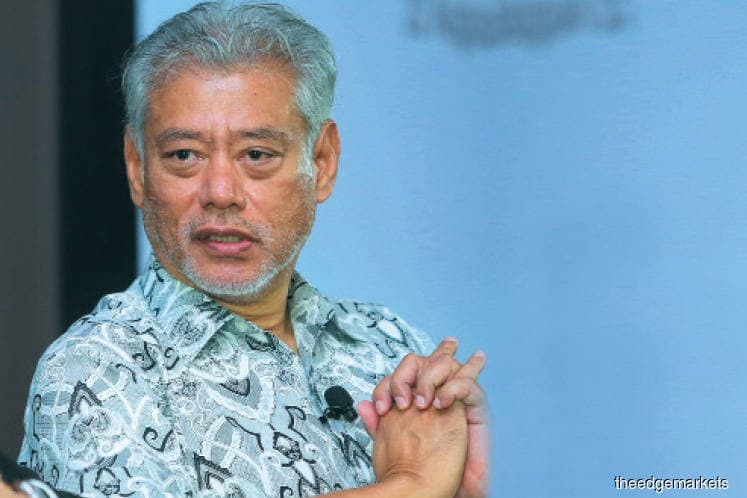
This article first appeared in The Edge Financial Daily on March 6, 2019
KUALA LUMPUR: Economist Jomo Kwame Sundaram, a member of the newly set up Economic Action Council (EAC), said no meetings of the council have been set so far.
EAC members had also yet to be informed of the exact matters that would be discussed, he said yesterday, adding “there are many things I want to bring to the council”.
The government set up the EAC last month to respond to economic issues faced by the public based on their feedback. It is chaired by Prime Minister Tun Dr Mahathir Mohamad and includes Economic Affairs Minister Datuk Seri Mohamed Azmin Ali, Finance Minister Lim Guan Eng, International Trade and Industry Minister Datuk Ignatius Darell Leiking and the prime minister’s economic adviser Dr Muhammed Abdul Khalid.
Other members include former international trade and industry minister Tan Sri Rafidah Aziz and Permodalan Nasional Bhd chairman Tan Sri Dr Zeti Akhtar Aziz.
Corporate leaders such as Public Bank Bhd managing director Tan Sri Tay Ah Lek, Majlis Amanah Rakyat chairman Dr Hasnita Hashim and Bursa Malaysia chairman Datuk Shireen Ann Zaharah Muhiudeen are also EAC members.
Jomo was speaking to reporters after attending a panel talk organised by Khazanah Research Institute (KRI) on Malaysian Input-Output Analysis and Industrial Policy.
Lack of local participation in renewable energy
“I think we have to think about how to resume industrialisation in the present circumstances. The world economy has changed a lot from the last time we were industrialising in the 1990s.
“We have to recognise the situation has changed, and how we can industrialise in the present period, not on the basis of government subsidies and so on, but how do we incubate [the] industry to be internationally competitive,” he said.
Jomo said there are significant opportunities in businesses to generate more sources of renewable energy given Malaysia is the top exporter of photovoltaic solar panels to the US.
“But there are not enough Malaysian companies doing it. “They are mainly done by foreign companies which happened to be based here.”
Jomo also said if Malaysia had emphasised more on research and development in the palm oil industry, the country would have been a world leader in this aspect.
“In 2006, the US decided to go with bioethanol, Europe decided to go with biodiesel, and the cheapest form of vegetable oil for biodiesel was actually palm oil. So if we had done more research and quickly pushed [the industry], we would [have been] the world leader.
“Right now, of course Indonesia is producing more palm oil, but we should be leading the research. In the past, this shift [from the manufacturing sector] to the services sector did not really work. Many jobs in the services sector created were traditional jobs, and expanding government employment was not really very productive. Many of the things were not creating value.”
Malaysia needs to focus on its strengths and address its weaknesses to become much more internationally competitive, he said.
“It is not that we are starting from scratch; a lot of things are there. It is just that we need to upgrade [ourselves] — these are the challenges.”